The World Population Hits 8 Billion

On November 15, 2022, the world’s population hit 8 billion.
January 24, 2023
According to a report by the United Nations, the world population reached 8 billion on November 15, 2022. The milestone marks another massive increase in the world’s population since it reached 7 billion in 2011, just over a decade ago.
“Baby 8 Billion” will likely be born in India, which contributed 23 million people to the global population this year, and is likely to be male based on India’s population demographics. This individual will likely see the beginning of the 23rd century.
To get a better grasp on the leadup, significance, and future of this number, The Wrangler reached out to an expert of our very own—Mr. Bradford (staff), who teaches AP Human Geography on campus. The course focuses on the locations, cultures, and movements of different groups of people. A significant unit is dedicated to population growth.
According to Mr. Bradford, “advances in wealth, medicine, and agriculture” are main factors that contribute to population growth. Moving from primitive hunting/gathering societies into organized groups, these advances in technology improved the quality of life and kept more people alive—increasing population.
As Mr. Bradford explained, “people started to live longer, more people were living to child-bearing age and we started to duplicate as a population.” Exponential population growth occurred.
Mr. Bradford contributes much of current population growth to lesser-developed countries, since greater-developed countries (such as the US, much of Western Europe, and many others) have already moved past the early stages of population growth where the most increase typically occurs. “Currently, we see a lot of population growth happening in countries that we would consider to be lesser-developed, where they have a really young population…Those population cohorts grow to child-bearing ages,” Mr. Bradford said. “So places like Sub-Saharan Africa and Southeast Asia.”
The significance of 8 billion is we’re not done at 8 billion. — Mr. Bradford
However, we may not be done growing. When prompted about the significance of 8 billion, Mr. Bradford responded, “The significance of 8 billion is we’re not done at 8 billion. We’ll probably get to 10 or 11 billion people, so it’s really important that we understand that there’s nothing we can do to stop that.” Mr. Bradford stressed the importance of preparing for even further population growth in order to accommodate for 2-3 billion more people.
“We need to recognize that we need to allocate the resources we have available in preparation for 10 or 11 billion,” he said. “If we can find a way to make 10 to 11 billion people work in a sustainable, healthy way for both the people and the environment, then we should be okay.”
Mr. Bradford reassured that, “The good news is, we will stop…We will get to 10 or 11 billion and we will plateau.” He said that the world will not see catastrophic effects of population growth with proper resource management. So at least for now, the world is sitting safe at 8 billion…at least until 2037 when experts estimate we will reach 9 billion.
“Fingers crossed.”









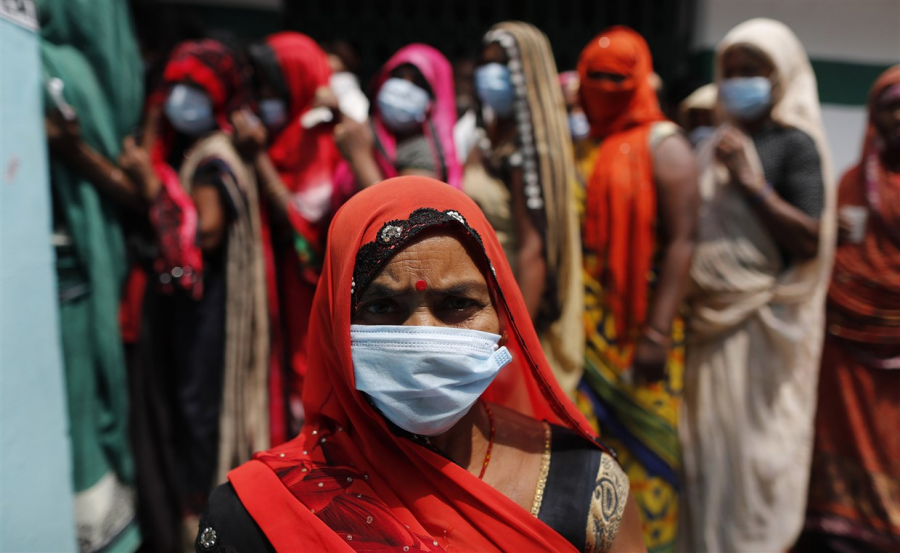

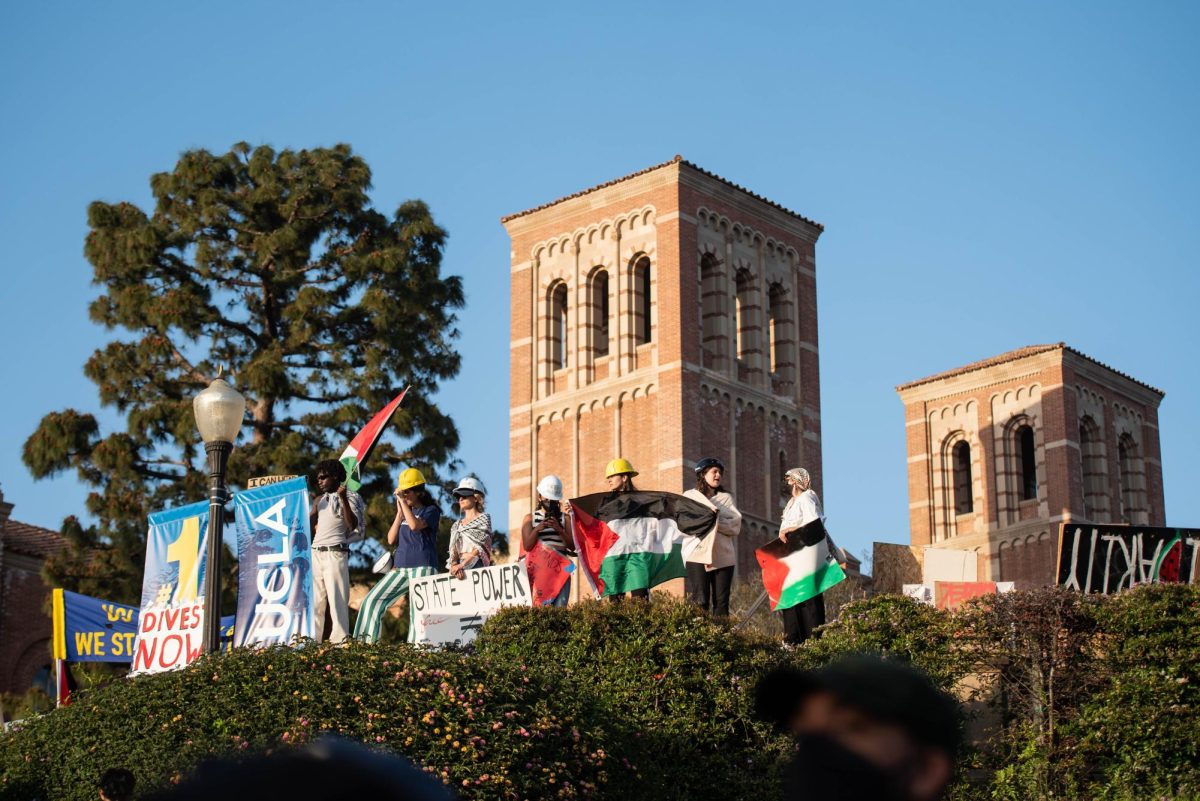






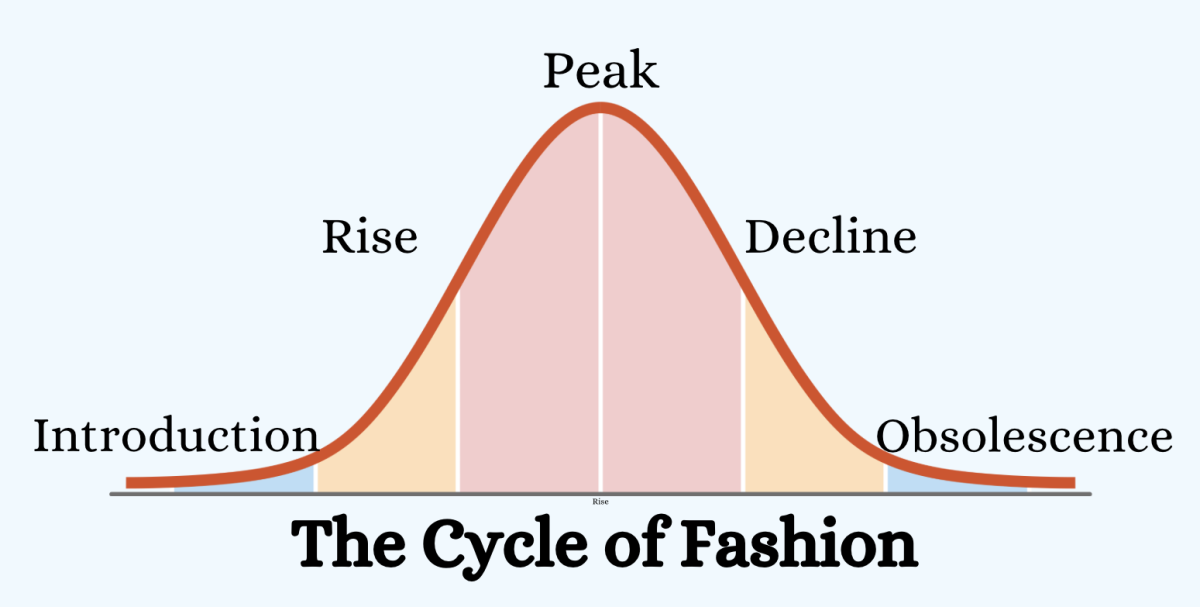


















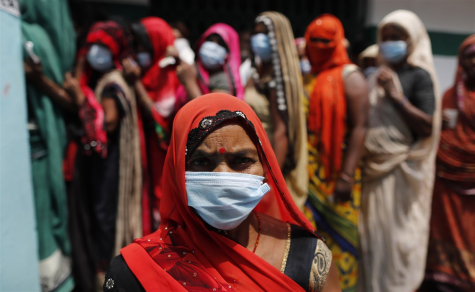

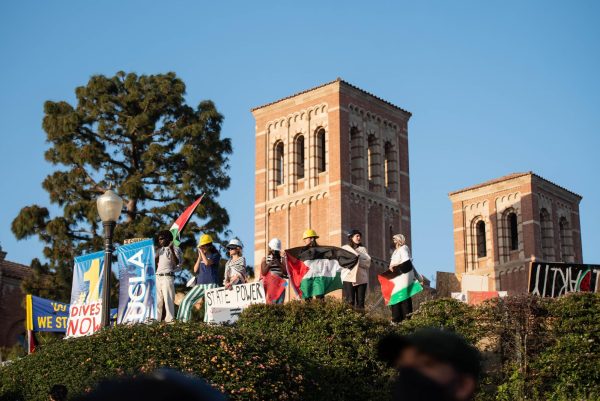

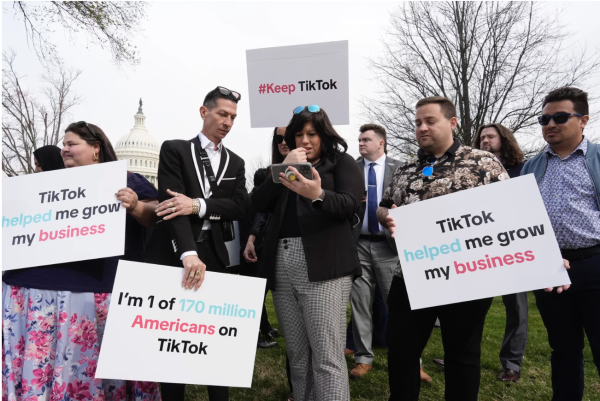

Journey Mou • Mar 9, 2023 at 7:45 AM
This article was very interesting, especially how the world isn’t done growing yet.
Sophia Jones • Mar 9, 2023 at 7:27 AM
Wow, it is such a compelling article! It is so cool to learn about why and how the population is growing this quickly.